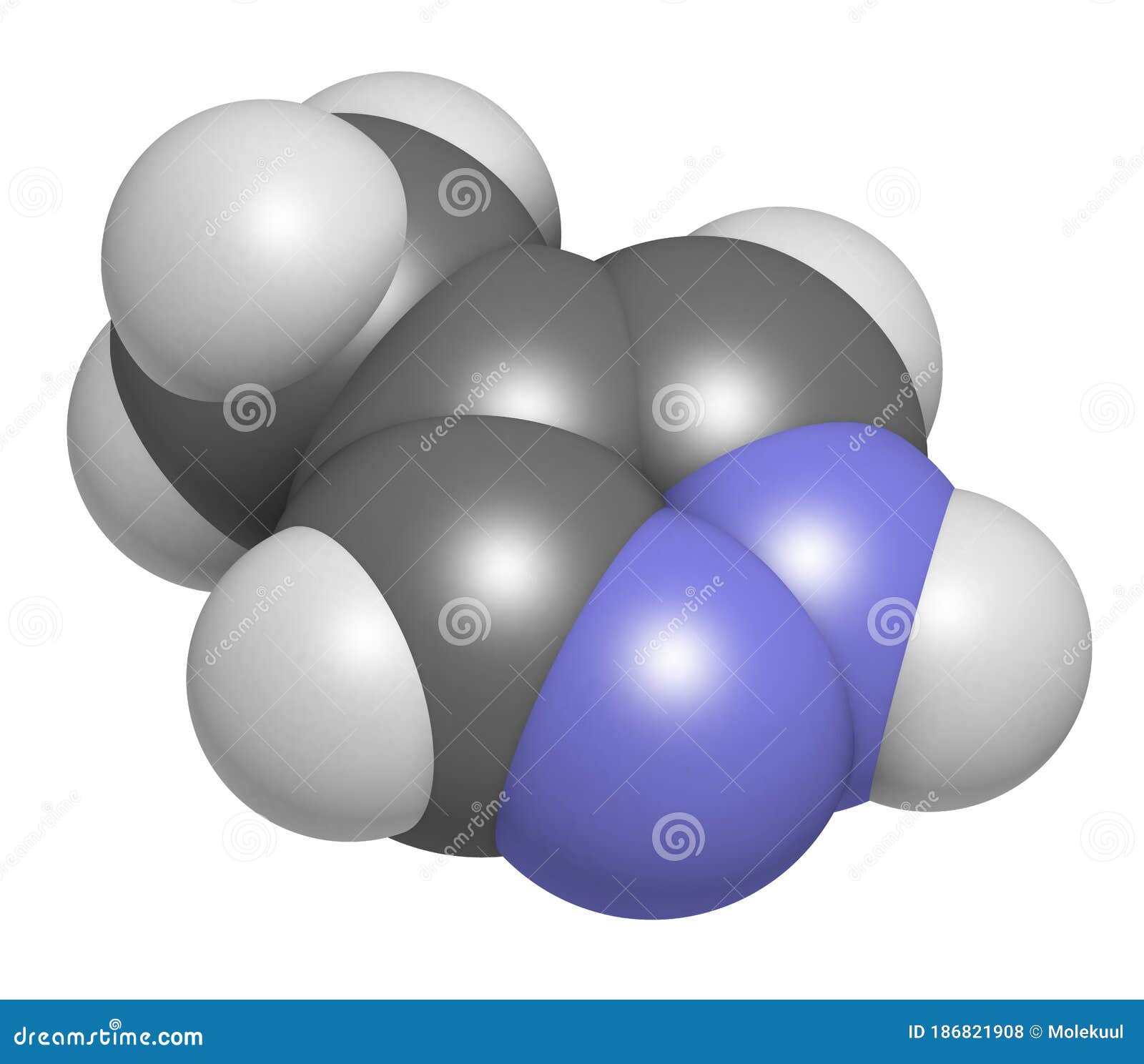
There are very limited data available concerning the use of the antidotes fomepizole and ethanol in pregnancy. However, due to the limited available data regarding the teratogenicity of ethylene glycol, it is not currently possible to state that an absence of maternal toxicity excludes the possibility of adverse events occurring in the developing fetus.Īs ethylene glycol is highly toxic, where cases of poisoning occur in pregnancy, treatment should be as for the non-pregnant patient and should not be withheld on account of pregnancy. Maternal toxicity associated with ethylene glycol exposure is likely to be a major determinant of risk to the fetus. The available data relating to occupational and acute ethylene glycol exposure in pregnancy are highly limited, consisting of a small number of exposed pregnancies detailed in descriptive studies.


However, where occupational exposure is unavoidable, precautions should be taken to ensure that exposure is well within the recommended exposure limits and not associated with toxic symptoms. Ethylene glycol is an odourless, colourless, sweet-tasting liquid used as a coolant in brake fluid and antifreeze, and a precursor in polymer manufacture.Īs with all chemicals, unnecessary exposure to ethylene glycol should be avoided during pregnancy.


 0 kommentar(er)
0 kommentar(er)
